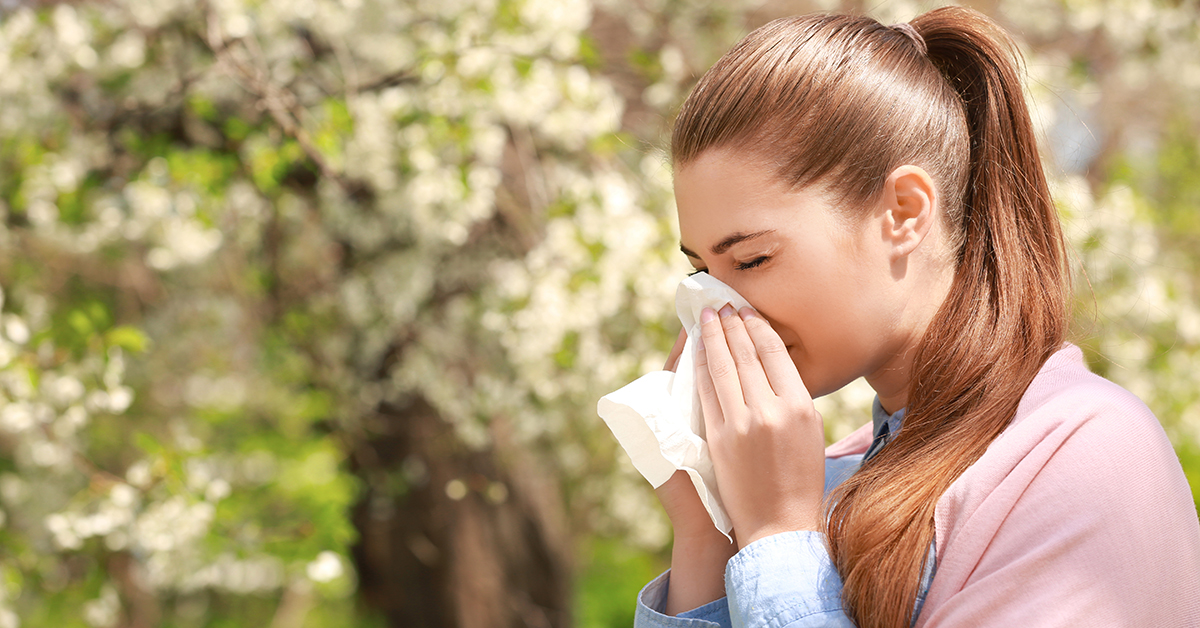
According to the Asthma and Allergy Foundation of America (AAFA), allergies are the nation’s sixth-leading cause of chronic illness. Seasonal allergies are an annual nuisance for many people and typically ramp up this time of year. It’s no surprise that as plants bloom and neighbors cut their grass more frequently, people living with allergies across the nation start sniffling and sneezing. Further, as mold growth occurs both indoors and outdoors, it’s almost impossible to escape these seasonal allergy triggers.
The AAFA reports that more than 50 million Americans experience allergies every year.
Some allergy symptoms may consist of sneezing a couple of times a year. Alternatively, seasonal allergies can cause congestion, a runny or itchy nose, watery eyes and headaches-among other symptoms-for weeks or months.
Nip Your Allergies in the Bud
Similar to other types of allergies, seasonal allergies develop when your body’s immune system detects and then overreacts to a foreign substance it deems harmful. Spring, summer and fall are the most common times for seasonal allergy symptoms to arise. What may trigger your seasonal allergies depends on what you’re allergic to and where you live.
To reduce your seasonal allergy symptoms, consider the following tips:
-
Keep track of local allergen (e.g., pollen and mold) counts to help you know when to avoid spending excessive time outside.
-
Wash your bedding in hot water to help keep the spread of pollen under control in your home.
-
Utilize washable indoor rugs to easily remove allergens.
-
Take a shower after spending time outdoors, as pollen can stick to your hair, skin and clothing.
-
Clean your floors often with a vacuum that has a high-efficiency particulate air (HEPA) filter.
-
Change your air conditioning and heating HEPA filters often.
Treatment for most seasonal allergies is available both over the counter and by prescription. You may need a series of allergy shots if your symptoms are severe or chronic. Contact your doctor or allergist to determine which seasonal allergy treatment option is best for you.
